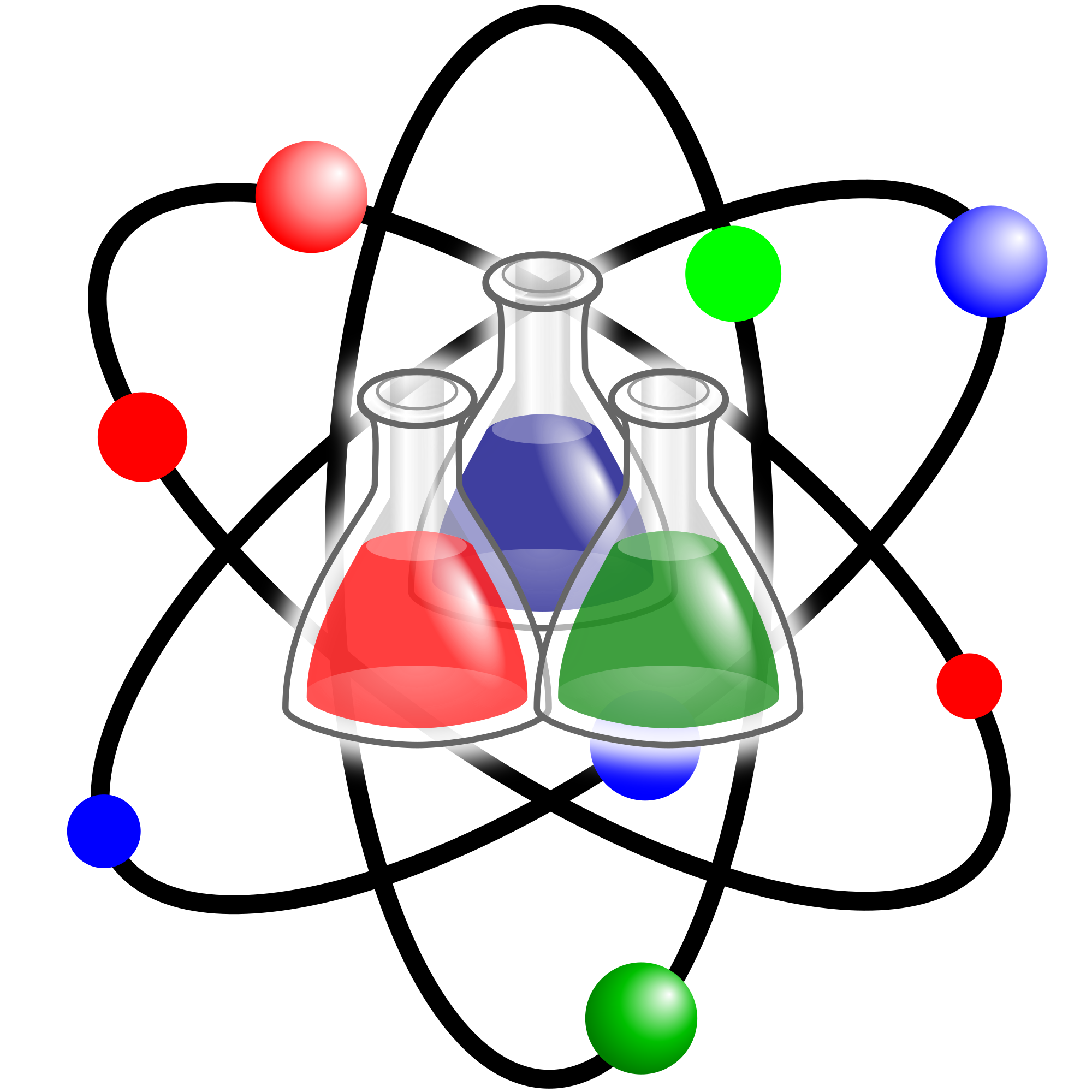Wonderful inventor of the Muslim rule

In the development of human civilization, the contribution of scholars of Muslim rule was unforgettable. Throughout the ages, it proved their concentration in research and creative work.
In their various fields of science, their own ideas of ideas have developed the civilization more dynamic. Chemistry, Physics, Biology, Agriculture, Medicine, Astronomy, Philosophy, History were their leading walks throughout history. Many Muslim scientists have discovered the horizon of the horizon and changed the face of the whole world. Those discovery and research have been modernized, its benefits are enjoying today's world. Some of the inventors of the world shy of the Muslim rule, some of today's different-
Jabir Ibn Haiyan:
Muslim scientist Jabir ibn Haiyan al-Ajdi As Sufi al-Ombi His father was the hayyan of the Azadi tribe living in the southern part of Arabia. Although the physician was a child of the father, due to the contemporary political situation, Umayyad caliph was facing extreme distress when he gave his father death sentence. After his father's death, he returned to his home in south Arabia after living in Kufa. During his stay in Kufa, he became very special in the study of chemistry. In this context, a chemistry laboratory was established in Kufa. Muslim historians called the laboratory as the world's first chemical niger. In the history of the world, he invented the first method to practice the basic processes of chemistry in the scientific method. Along with the science of chemistry, he also offers medical, minerals, especially stones, philosophy, geology, Astronomy, etc. He wrote about 2,000 books. Among these, the number of medical books is about 500.
Al Baruni:
The Muslim scholar of Persia, Abu Raihan al-Biruni He spent most of his life in Central Asia. At the age of 20, he started traveling for knowledge building. For 3 years, he traveled throughout Persia and studied under various scholars and educated on various subjects. In 998, he started living permanently in Jurjan (now 'Gurgaon', a city in northern Iran). In the next 10 years of his life, he lived in this small town of northern Iran, continued his own research, wrote books, and studied it. Al-Biruni is a pioneer of geology. He collected hundreds of different types of metal and gemstones and examined them. In the eleventh century, Al-Biruni continued his charismatic work and research and gave new and significant progress in the study of various subjects - how the Earth's orbits rolling in.
The introduction of a new field of research called biolistics, integrating statics and motion.
Ibn Sina:
Born in Bokhara town in 980, famous medicalologist and philosopher Abu Ali Sina was born. The city of Bokhara was then included in Iran. Ibn Sina studied his philosophy, practiced science, from astronomy to logic, accounting science, and so on. At the age of sixteen, he taught contemporary wise doctors and scholars. As a result, he was easily understood that he was the greatest doctor of the time. It is said, when Ibn Sina fell asleep while tired, the unresolved questions floated like dreams in his mind. His doors of knowledge could open. He woke up to solve the problem! As a famous doctor, his name spread everywhere. At the age of 21, he wrote a world cell named Al-Mujmahya. In this, all things except mathematics are recorded. Ibn Sina physics, philosophy, theology, geometry, mathematics, medical science, He wrote about a hundred books on literary issues. He is the best doctor in the world at his time.
Omar Khayyam:
According to many historians, Omar Khayyam was born shortly before the death of Sultan Mahmud. Omar Khayyam's childhood was spent some time in the modern day city of Balkh. There he became the disciple of Imam Moaffeck Nishapuri, considered to be one of the best teachers of Khurasan. To teach geometry and algebra during the day, In the evening, there was no shortage of devotion in the court of Malik-Shah, and in the night as well as improving the Jalali calendar, along with the study of astronomy. Omar's reputation as a mathematician in his lifetime. He resolved the stratigraphic equation with the help of the first ellipse and chronometer. Another major contribution to Omar is the criticism of Euclid's parallel covenants, which would later introduce non-Euclidean geometry. In 1070, his book Maqalat Fe Al Jarb al Mukabila was published. In this book, he classifies the equation as a power and records the rules for solving quadratic equations. Omar Khayyam was also well-known as an astronomer.
Al-Farabi:
The real name of the Muslim scientist and philosopher al-Farabi is Abunasa Mohammed Ibn Farah Alfarabi. The father of al-Farabi was a highly educated and highly educated officer of the army. His predecessors were Persians. For his acceptance of religion and political reasons, his ancestors left Persia and settled in Turkistan and settled down permanently. Her education began in Farabaya After several years of education, he went to study. Then he went to Baghdad to get higher education in Baghdad. There he studied and studied for nearly 40 years in length. He has run away in search of knowledge in Damascus, Egypt and many other places in the country and abroad. Physics, Social Sciences, Philosophy, Equivalence, Mathematics, His contribution to medical science was significant. However, his contribution to science and philosophy was highest. In physics, he proved the "vacuum" position. The philosopher was considered as the stage of the Neol Platnist.
Al Batthani:
In the year 858, Al Battani was born in Battan, a suburb of Mesopotamia. He was an astronomer and an astronomer. He was the first to accurately measure that in a solar year 365 days are 5 hours 46 minutes 24 seconds. He proved that the apparent radiation of the sun increases and decreases. His speech was also clear about the sun and lunar eclipse. Al-Batthani with his own invented instrument proves that the sun is moving in its orbit itself. This great sage died in 929 AD at 72 years of age. Al-Batthani was a masseur astronomer and mathematician. He established his own observatory for astronomical studies. He has reformed and reformed many of the branches by correcting the existing mistakes in astronomy for many years. Western historians refer to him as 'Al-Batenjiaz', 'Al-Batzoni', In the name of 'Al-Bateniz' etc. So his identity was lost in history.
Al Barqi:
The advancement of Muslim astronauts was unquestionable. Shortly thereafter, the success of Muslim astronauts was met. One of them was Jafar ibn Muhammad Abu Mashar al-Balakhov. He was a famous Persian astronomer, philosopher, mathematician. He was also known as al-Falaki, Abul Masar, Ibn Balakhi. His work is still pretty.
Al Kandy:
Abu Yusuf Yakub Ibn Ishaq al-Kindi was a scholar in various subjects like Qur'an Sharif, Hadis Sharif, Fiqh, History, Philosophy, Linguistics, Politics, Mathematics, Astronomy etc. He was also biogenic in Greek, Hebrew, Iranian, Syriac and even Arabic. He wrote 265 Khana books on various topics. His books are still widely read.
Al Saig:
Renowned astronomer, logic, philosopher, physicist, psychologist, poet and scientist Abu Bakar Muhammad Ibn Yahya Ibn al-Saig. But he said Ibn Bazjah. More known as the name. He played an important role in medical science. He was also famous as a botanist. Al Saig's poems are also commendable. His famous book 'Kitab al-Nabat'
Banu Musa:
Banu Musa is called a wonderful among astronomers. Because nothing else has reached the height that he reached in his time, unbelievably unimaginable. In the ninth century, one of the three intellectuals in Baghdad was. These three were told together to surprise the machinery world. The excellence of his pyramapak instruments. They also modernized the foundation.
Ibnun Nafis:
His contribution to medical science and the jurisprudence is unforgettable. Ibnuun Nafis informed the world's Knowledge Base about the process of blood circulation, the proper structure of the lungs, the airway, the heart, the vein in the body and the flow of blood. He had misunderstood Galen's doctrine of blood circulation in the human body, and he expresses his opinion clear about it.
Al-Betraghi:
Nur Ad-Din Ibn Ishaq al-Bethrugi He was born in Morocco in the Islamic Golden Age. His personal biography is not known very much. He was a philosopher and astronomer. He gave a breakthrough on 'Scialual Motion'. Despite his limitations, he gave his own theory of Planetary Motion. That's right now.
Musa Al Khawarjami:
His full name is Abu Abdullah Mohammad ibn Musa al Khawar Jami. He was born in approximately 780 AD near an island near Amu Dori, which fell in the Arabian Sea of Soviet Russia. He played an important role in arithmetic, algebra, geography, astronomy, geometry. However, he was most discussed for the algebra. From his book 'Al Jibral Wall Mukabila' it is known that He was a sincere Muslim. The Khalifa took an al-Khawarijmi job in Mamun's huge library. Here he is probably attracted to science. He studied with endless patience and got acquainted with all the subjects of science. He was a world-renowned mathematician. He took mathematical knowledge of his time to an unprecedented level of prosperity. Along with being a mathematician, he was a noted astronomer. His knowledge of geography topped excellence. He was the father of algebra, algebra. He first mentioned the name of Elzabera in one of his books. The name of the book is 'Al Jabar Wall Mukbilla'. His book will be in the last part of the article. He translated many Greek and Indian books in Arabic to Arabic. He wrote a book about arithmetic, which was later translated into Latin. The algebra in his hands is more prosperous later on. Up to the present age, with the development of mathematical science and its support, The development and discovery that has been made possible in different branches of science are at the root of al-Khwarjimi's contribution to the development of mathematical principles. The Algebra, the English name of the algebra, was derived from his book 'Kitab Aljibar Wall Mukabila'.
Ibn Hisham:
Renowned physicist, astronomer, engineer, mathematician, medical, philosopher, psychologist, Abu Ali AlHashan bin Al Hasan al-Ibn Hissam. He was born in Basra, also known as Al Basri. An extraordinary addition to the science of optics is discussed in astronomy in chapter 15-16 of Kitabul Manajir. Besides, in his 'Mizan al-Hikmah' and 'Maqbal Fei al-Kammar' he first tried to coordinate mathematical astronomy and physics.
Al-Razi:
Abu Bakr Muhammad ibn Zakaria al-Razi and al-Razi He was born in Tehran, Iran in 841 AD. Razi was a skilled Persian physician and philosopher. He wrote more than 184 books on medical science, al-kami, physics, and other topics. He invented sulfuric acid. He invented the process of its production in Ethanol production, refinement, and treatment. He was a famous Islamic scholar. He traveled to many countries.
The best people at a glance:
1. Father of Chemistry - Jabir Ibn Haiyan
2. The world's best geographer- Al-Biruni
3. Father of medical science - Ibn Sina
4. Blood transfusion inventor at heart - Ibnul Nafis
4. The father of the algebra- Al-Khawar Jami
5. Algebra's position in physics: al-Farabi
6. Father of Photochemistry - Ibn al-Hayasam
7. The father of analytical geometry - Omar Khayyam
8. Signal message reader - Al-Kindi
9. Bigbish Detector - Al-Razi
10. Ptolemy's doctrine is false-proof-al-Batteani
11. Father of Trigonometry - Abul Wafa
12. The founder of Staticus - Chhabat Ibn Kora
13. Earth's size and size determinant-Banu Musa
14. Milky Way form identifier - Nasiruddin Tusi
15. The first high powered user in Elbabra - Abu Kamil
16. The guide of Law of Moses - Ibn Bazjah
17. Watch Pendulam inventor - Ibn Yunus
18. Earth diameter-al-Farghani
19. The world's first perfect map-maker - Al-Idrisi
20. The world's first automatic device detector - Al-Jazari
21. Projection of the highest height of the Sun-Al-Jarakali
23. The inventor of the symbol of algebra - Al-Kalasadi.




No comments:
Post a Comment